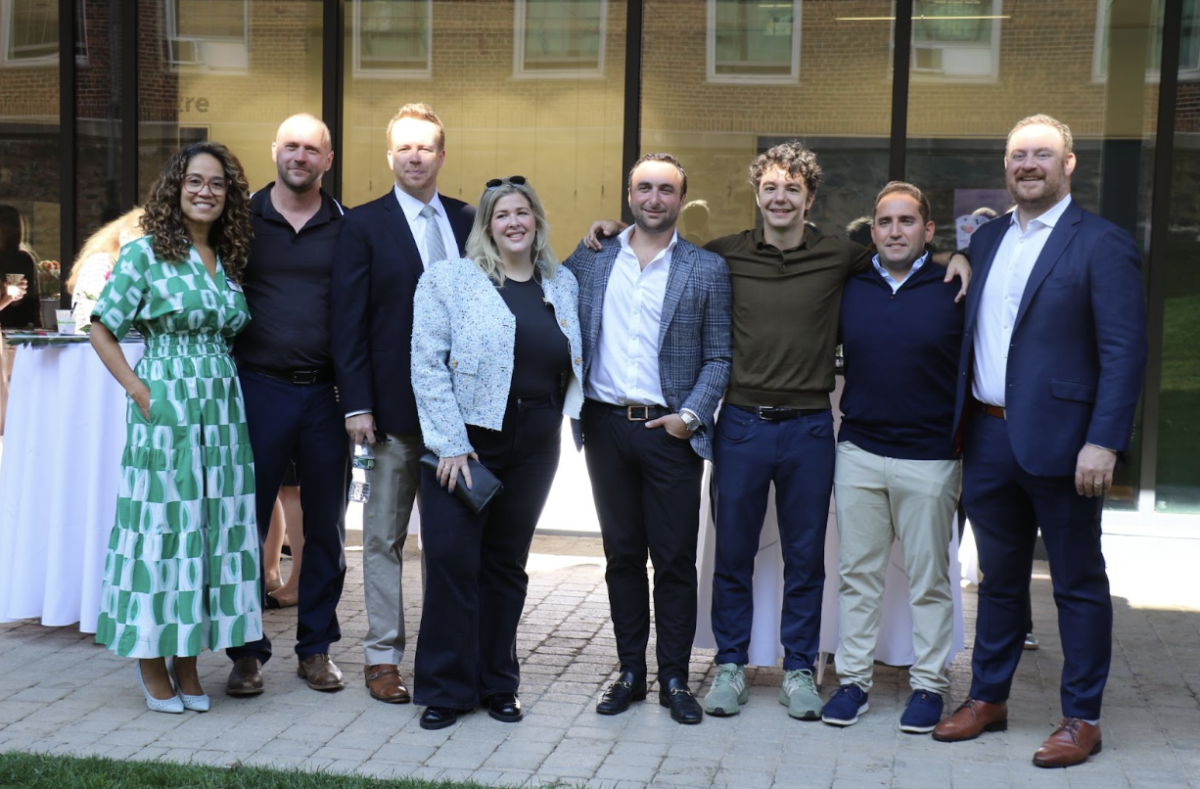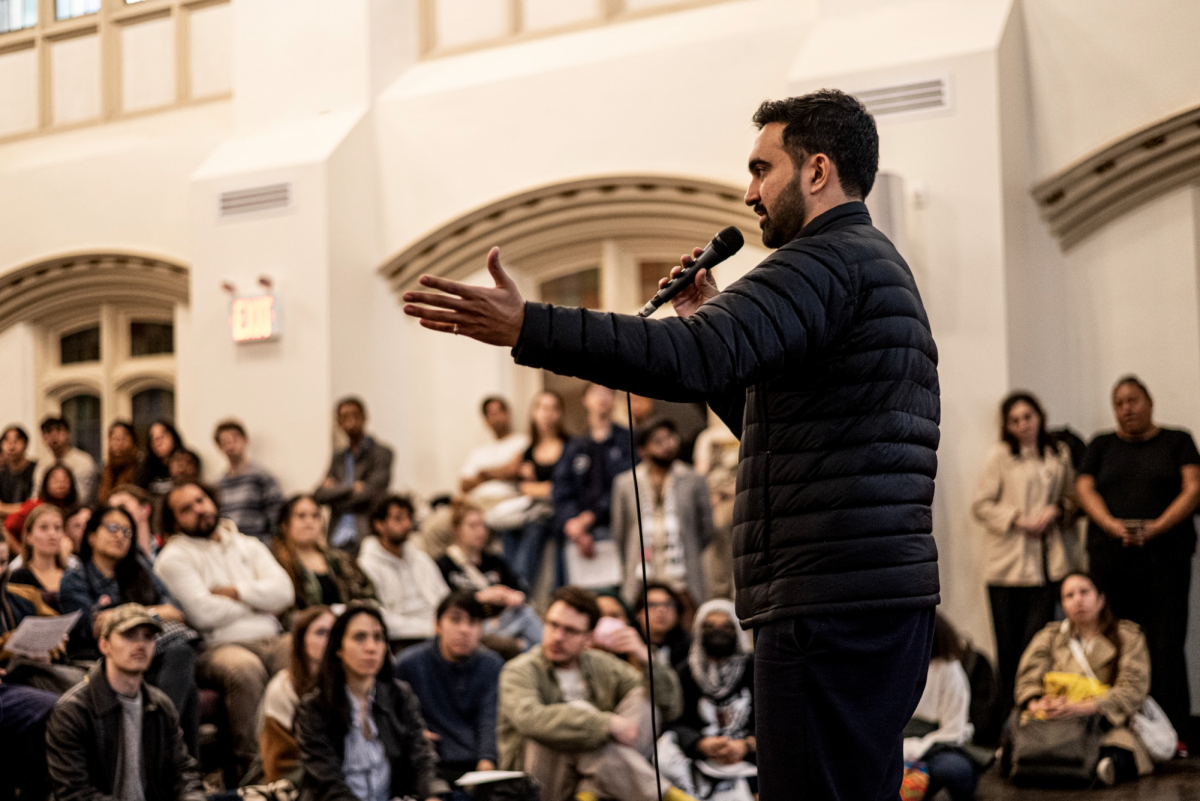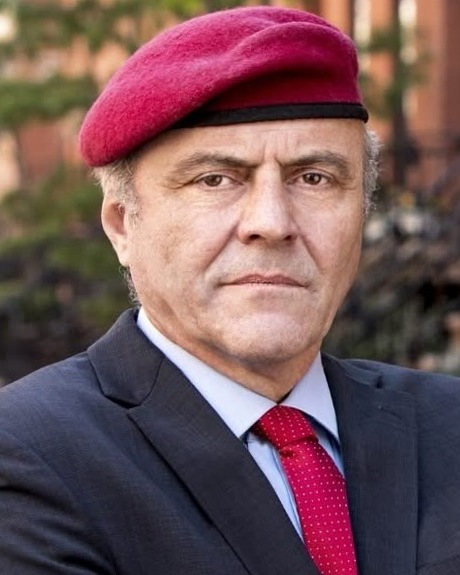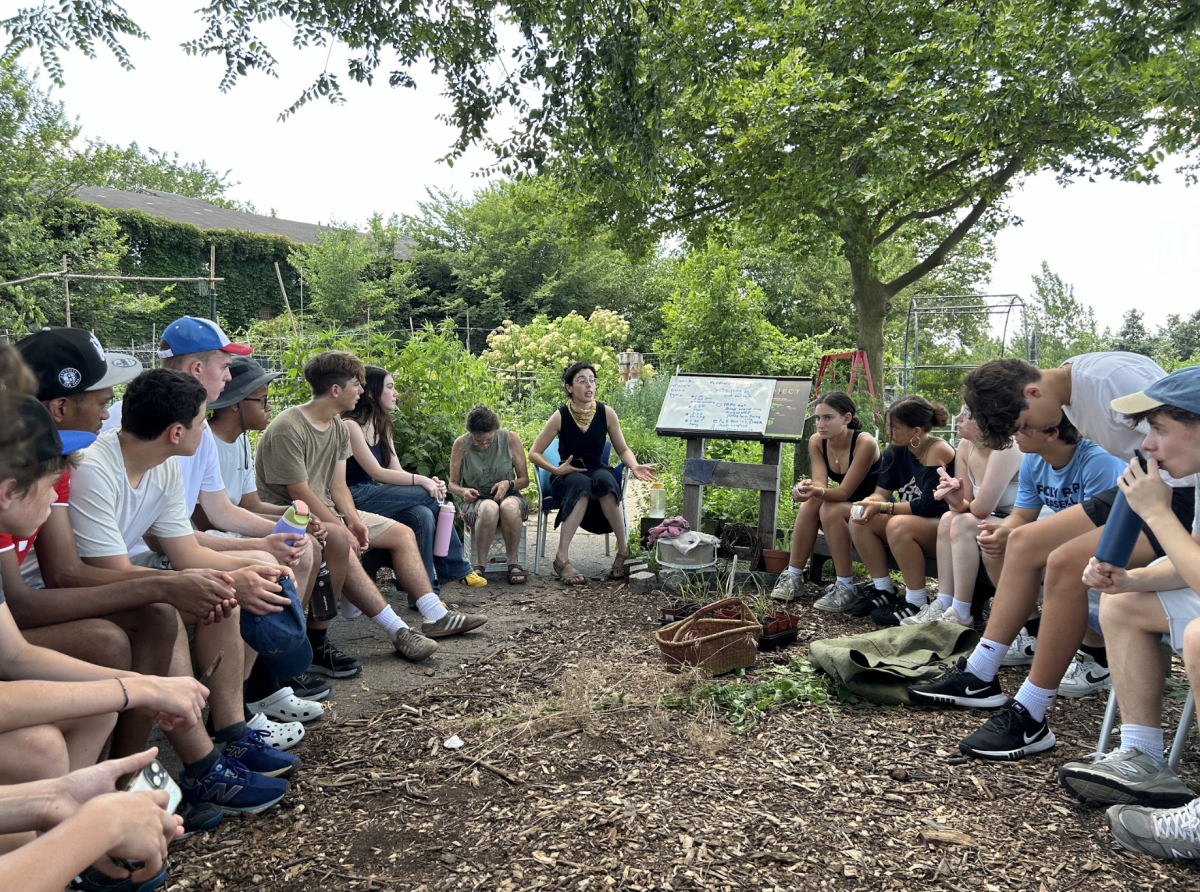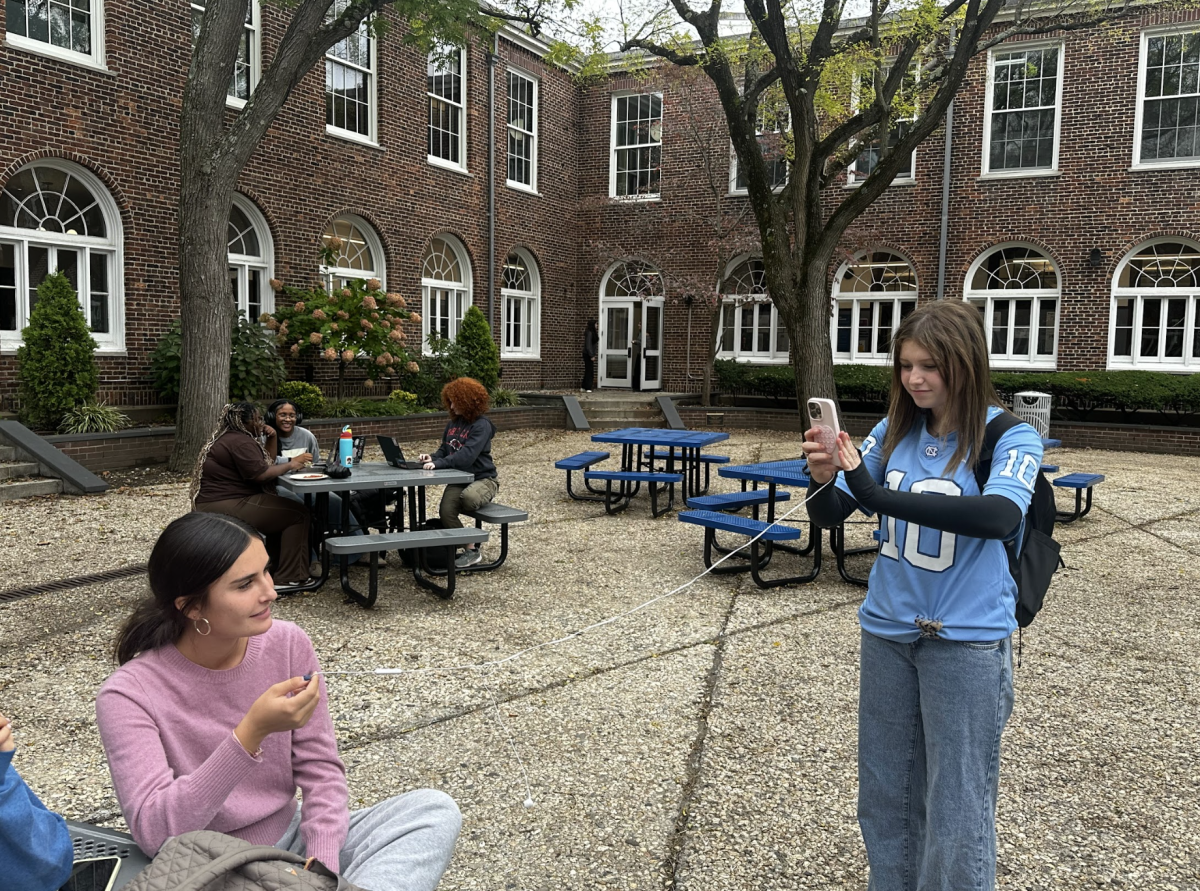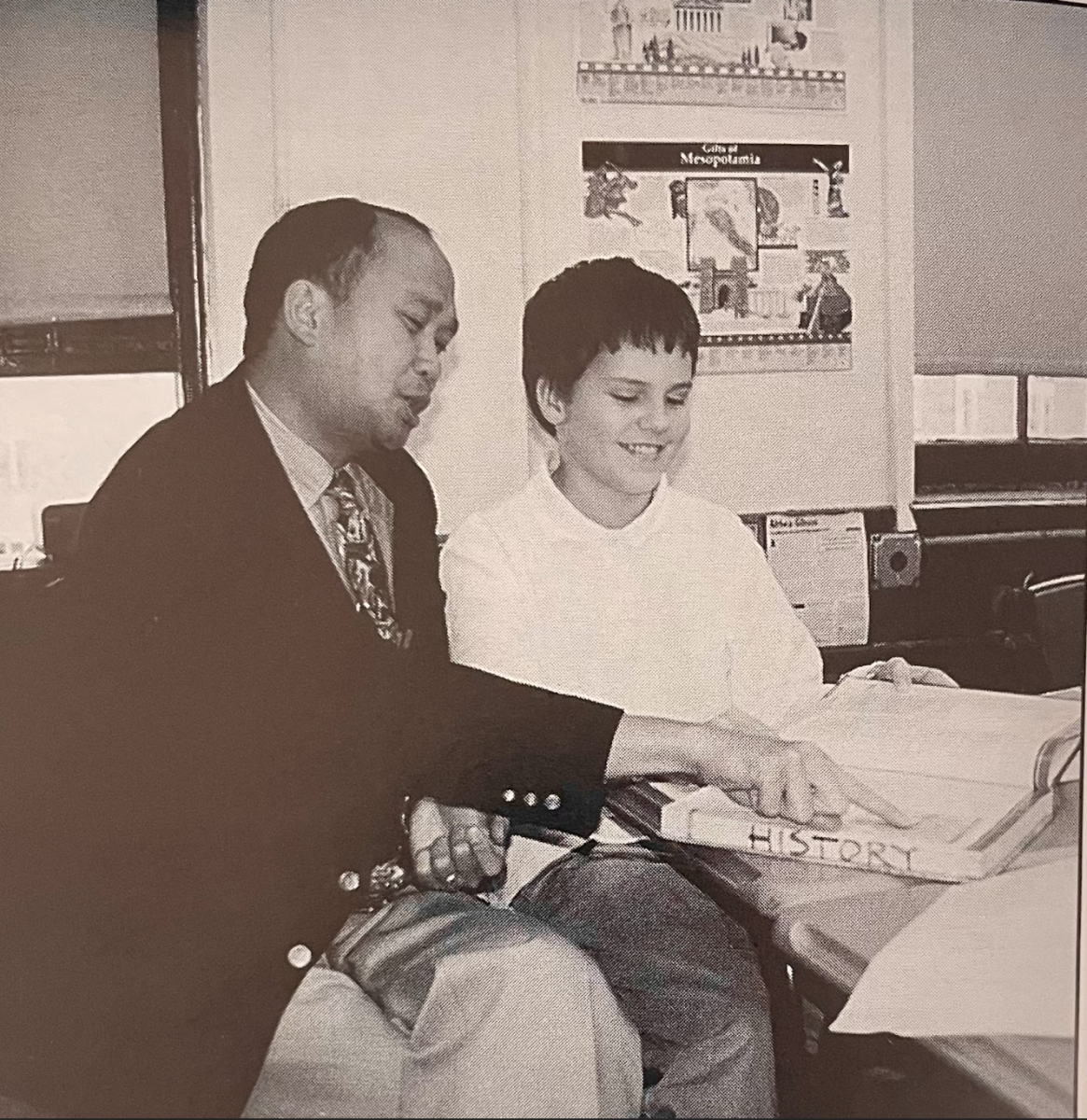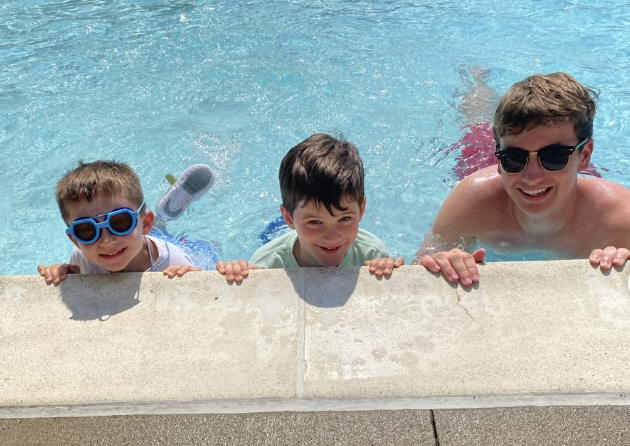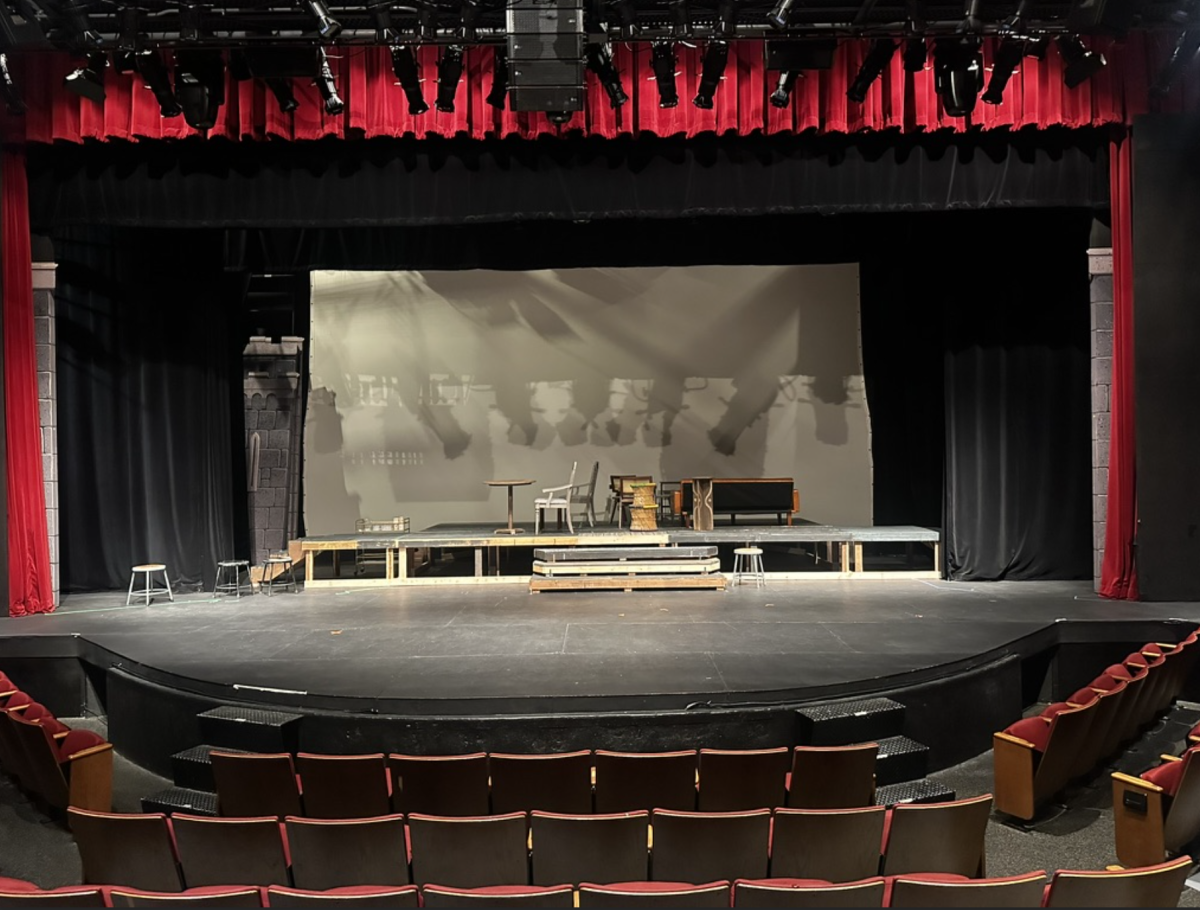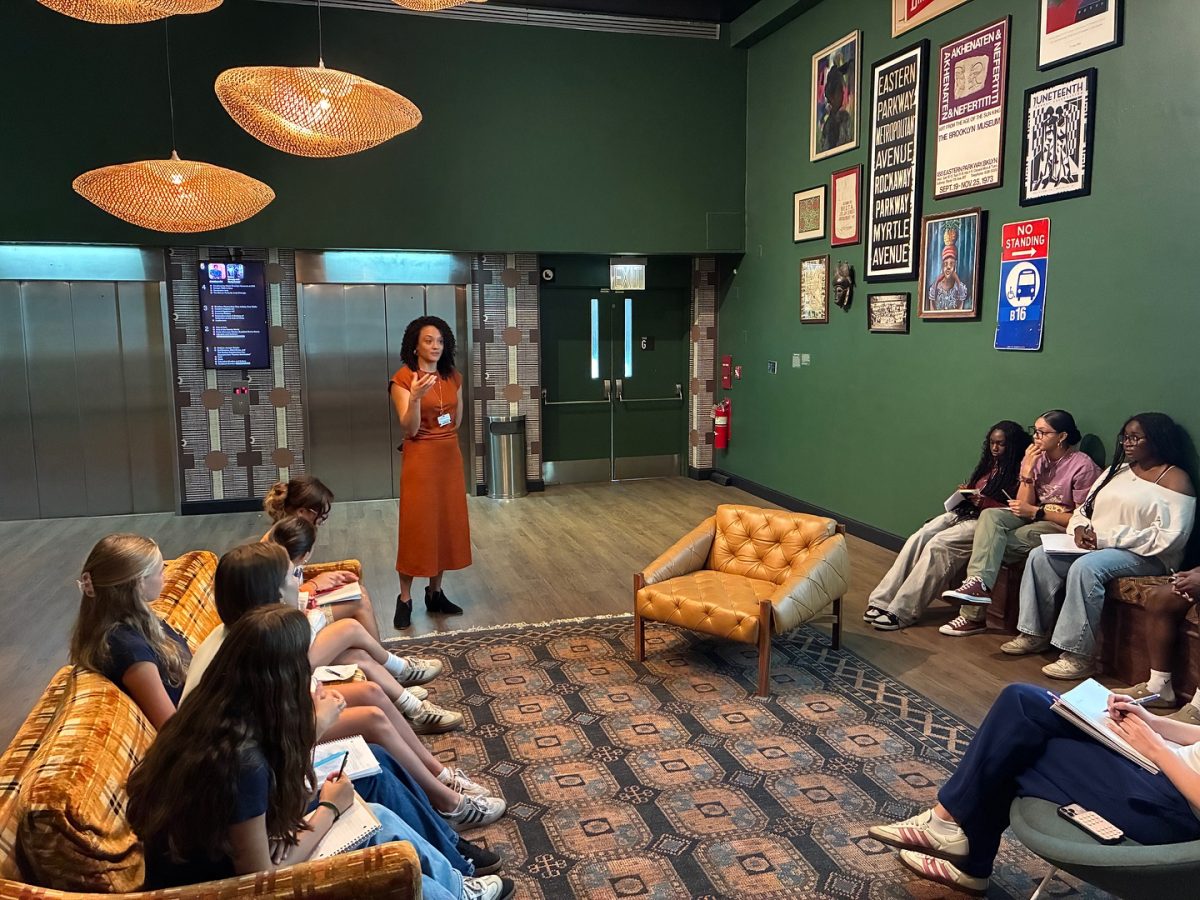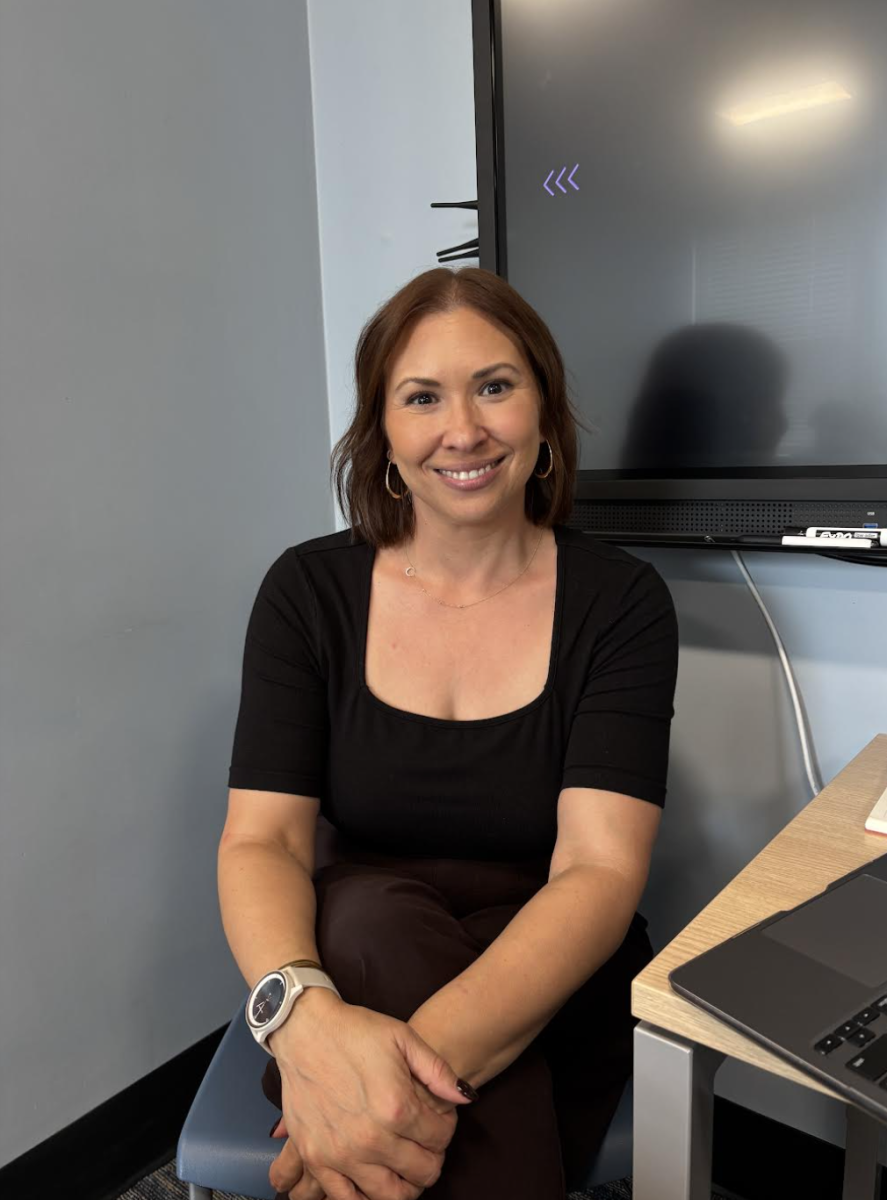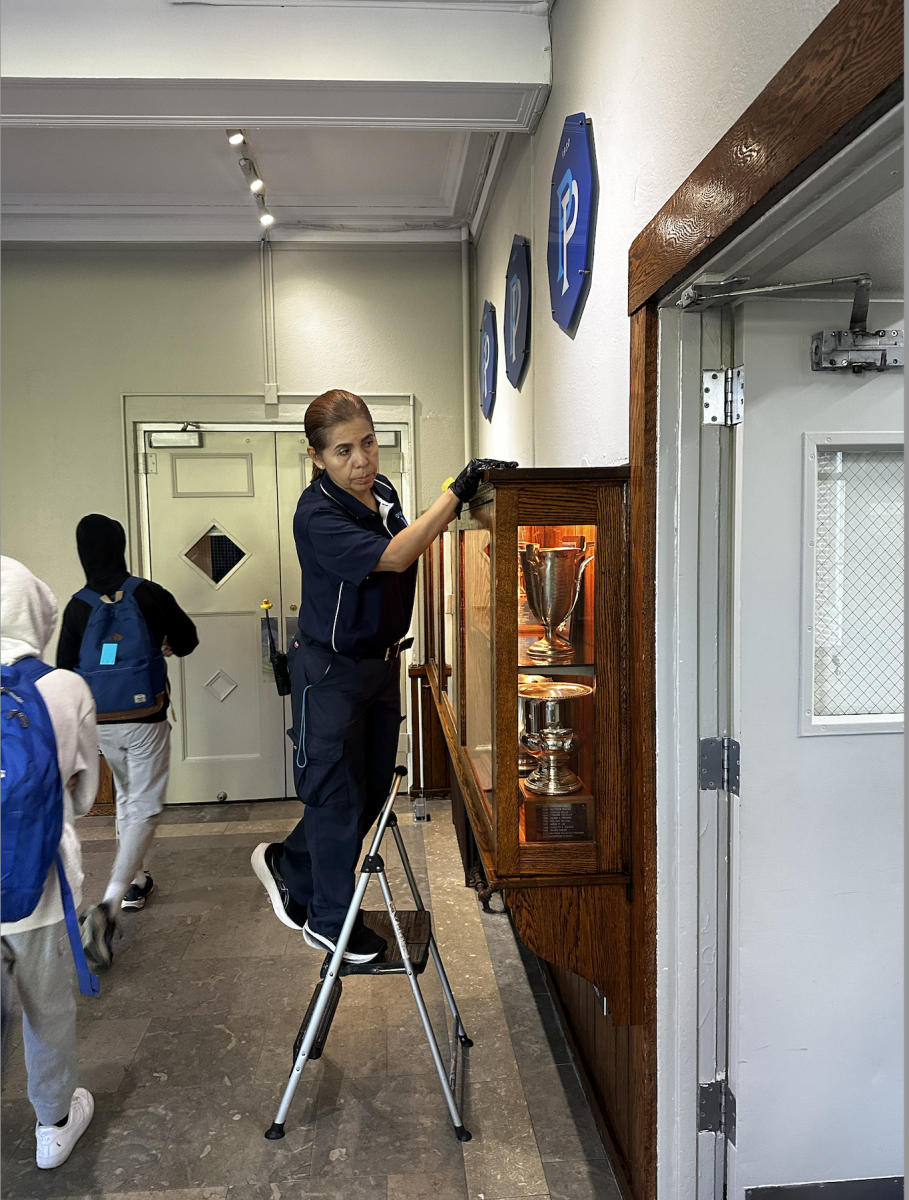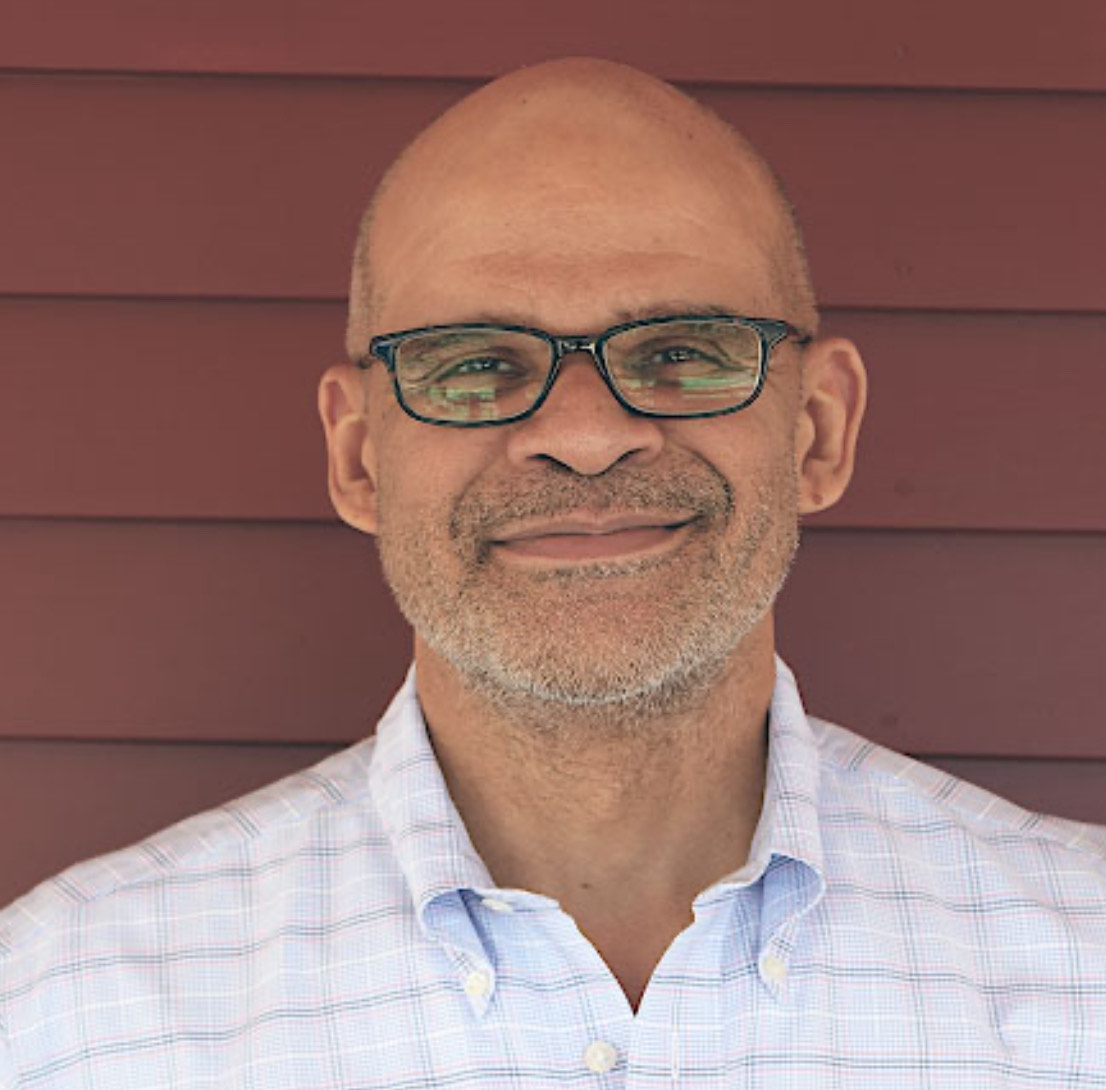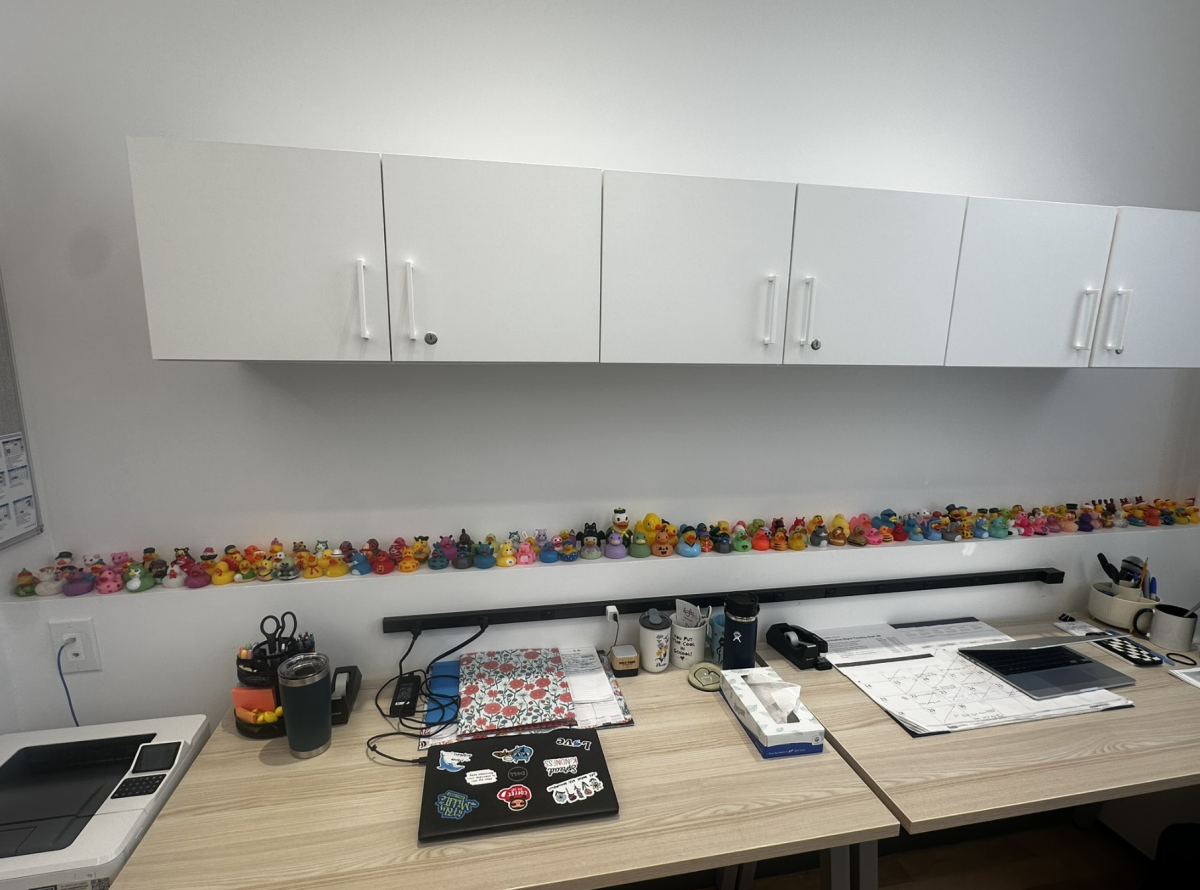With eight weeks to prepare — an uncommonly fast turnaround — students and faculty are gearing up for the 11th and 12th-grade production, “And Then There Were None,” written by Agatha Christie. The play will open at the end of October, as opposed to the mid-December production date of the last two years.
“I try to think about how to vary the types of stories I tell from year to year, and find ways to challenge our actors and engage our audiences,” wrote Mariko Watt, director of the Upper School play, in her director’s note. “I was excited to think about a different genre of show that we have not done as much, and murder mystery fit the bill.” Originally a novel, “And Then There Were None” follows ten strangers lured to a secluded island as they are each killed off in accordance to the lyrics of a nursery rhyme, according to Agatha Christie’s website. “The whole thing is utterly impossible and utterly fascinating. It is the most baffling mystery Agatha Christie has ever written,” wrote The New York Times in a culture review of the novel.
One of the biggest challenges this production faces is the little time actors have to prepare. “It’s a very, very short rehearsal process,” said Watt, with auditions held on September 8 and 9 and a total of just 18 rehearsals before the performance. According to the Polygon website, 11th and 12th grade have the first fall showing slot out of all the other fall productions, thus opening on October 24. For the past two years, they have had the second time slot, thus presenting in mid-December, which has now been given to the ninth and 10th grade. Therefore, this expedited process is necessary to avoid scheduling conflicts. Despite the difficulties, Watt welcomes this challenge as an opportunity to learn and improve her directing abilities. “The way I work through the rehearsal process has been better this year,” said Watt, attributing this efficiency to the rapid timeline.
Grayson Monacelli ’26 plays Vera, one of the leading roles in the production, and reaffirms the challenge of this time constraint on the production process. “Do you know your lines? Do you know your cues? There is nothing you can do to compensate for that lack of time,” she said. “That is going to be a big challenge but we will overcome [it].” Limited rehearsal time also tests the actors ability to quickly adapt when given critiques. “It is interesting to see how people react to [the directions] I am giving them, especially when you have to react immediately, because you do not have a lot of time to spend thinking about it,” said Watt.
Technical Director and Scenic Designer Daniel Hogan had to take the spatial limitations and scripting instructions into account when designing the set. He illustrates set designs using “SketchUp,” a 3D modeling software. Hogan decided to use contemporary American artistic choices to reflect a modern setting. The book originally takes place in a Northern English island in the 1930s, however; Poly is choosing to update the scenery in an attempt to make it more relatable to the audience. Watt wrote in her directors note, “While pulling inspiration from movies and shows like ‘Glass Onion,’ ‘Sherlock’ and ‘Clue,’ it is still a deliberate choice to explore how the timeless themes of guilt, class and moral decay may still resonate today.”
Hogan’s job includes creating signals, lighting and sound effects, which are crucial to enhance the tension and anticipation the production requires. “There is a lot of subtext that we can help portray,” Hogan said. “We can help create suspense by using lighting, sound, and environmental factors. It should be a little unsettling, a little eerie. We have to help build that suspense, because otherwise it ends up being boring, meticulous, and undulates as it goes.”
When reflecting on what she hopes the audience will take away from this production, Monacelli said, “It is essentially a play about right and wrong. Who gets to decide what is morally correct, and what are the morals that we should hold ourselves to…I feel that is really relevant today in the world we live in.” Beyond morals, Watt stresses the importance of human connection, emphasized through the play, established on common guilt and fate between the characters. “The premise is that in this world of constant bombardment of information and connections, you can still feel really alone. How do you get past that to create those connections with other people?”

